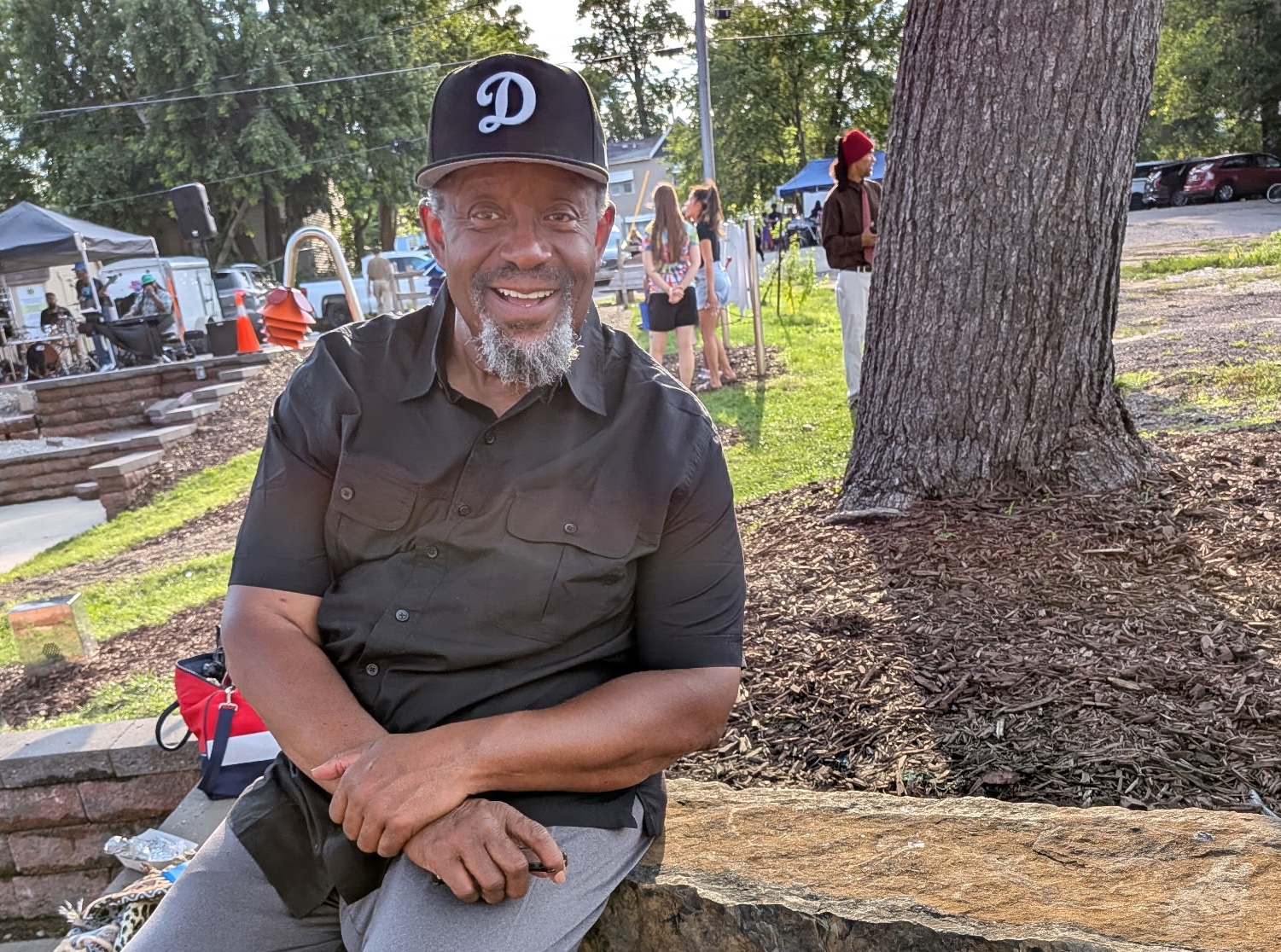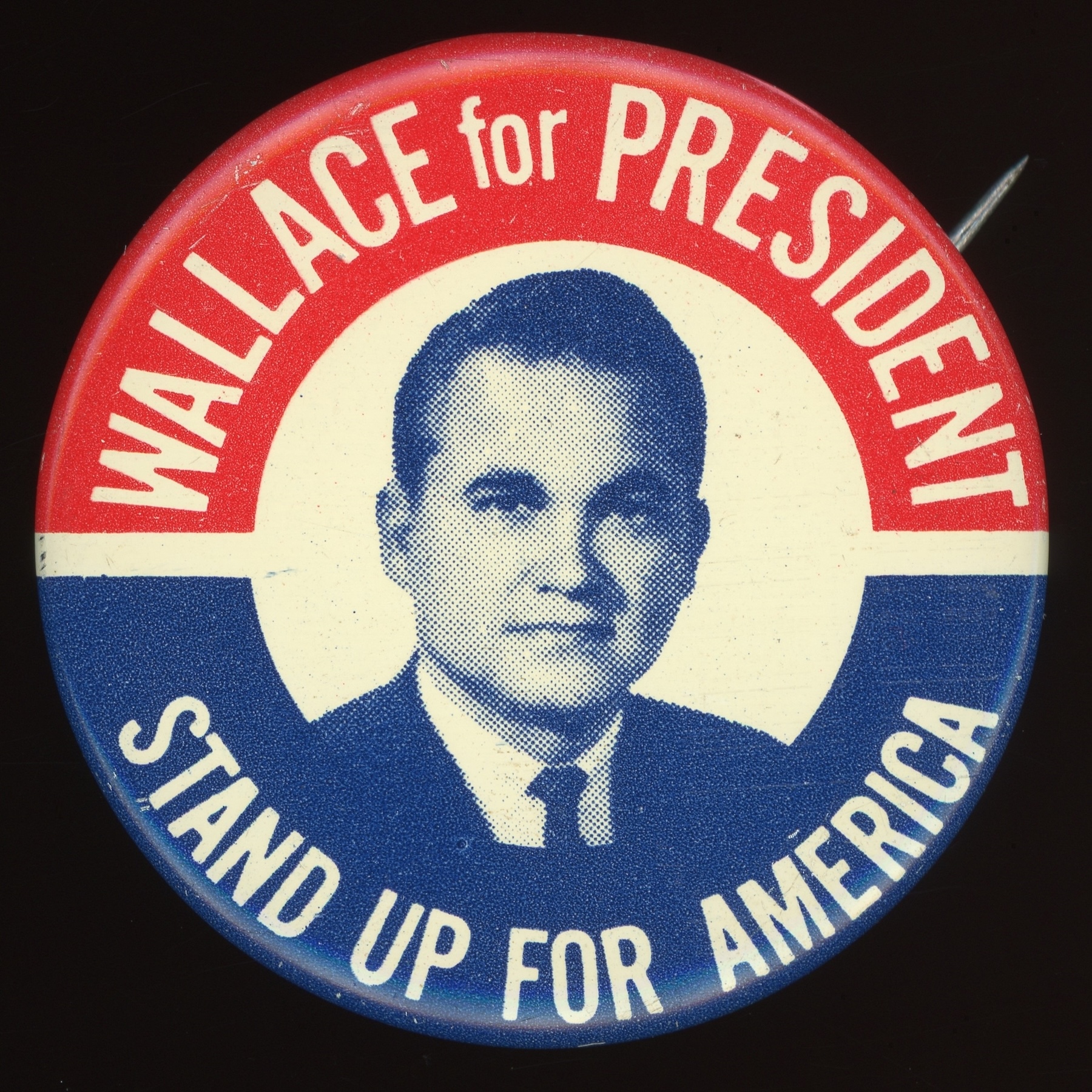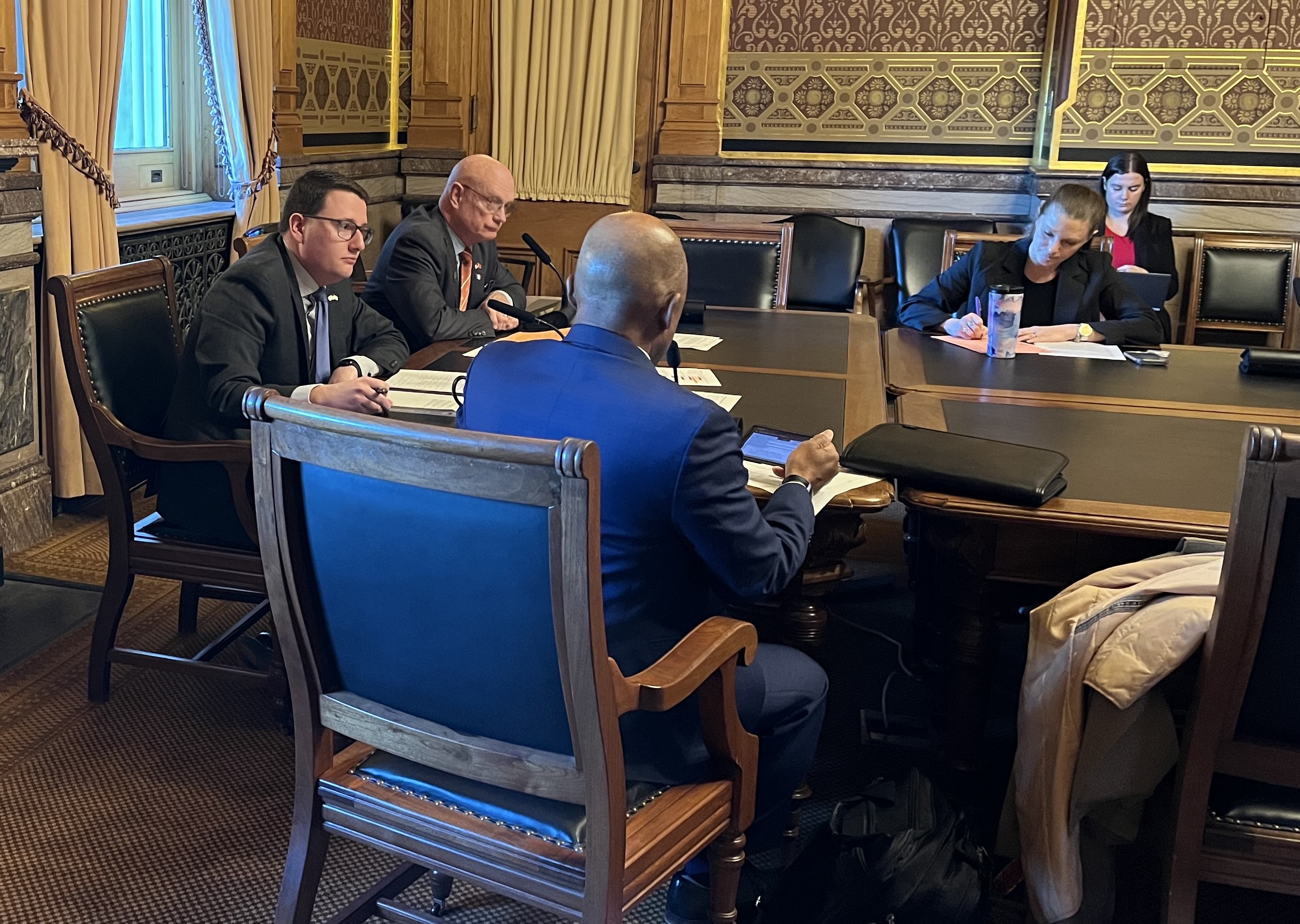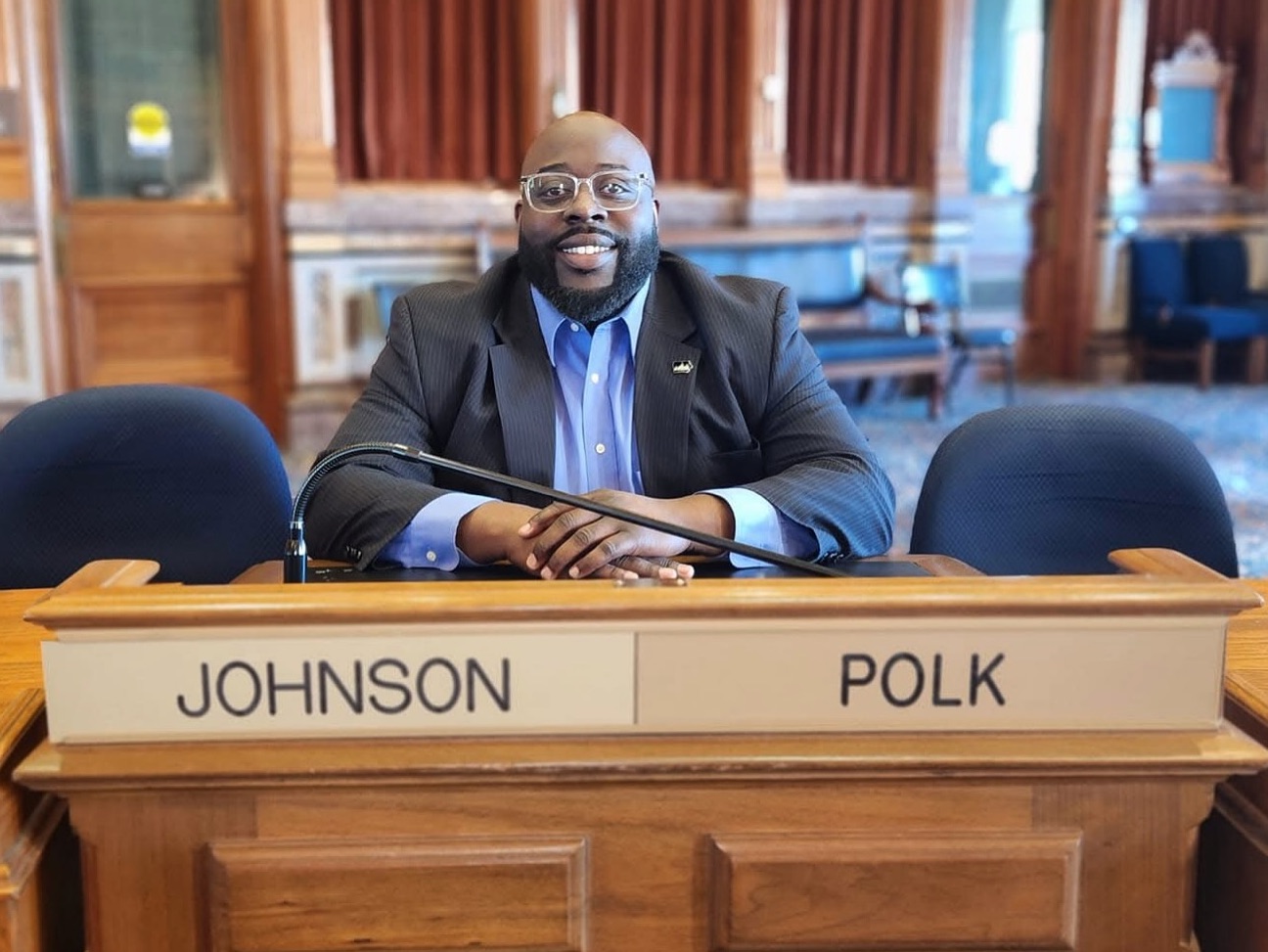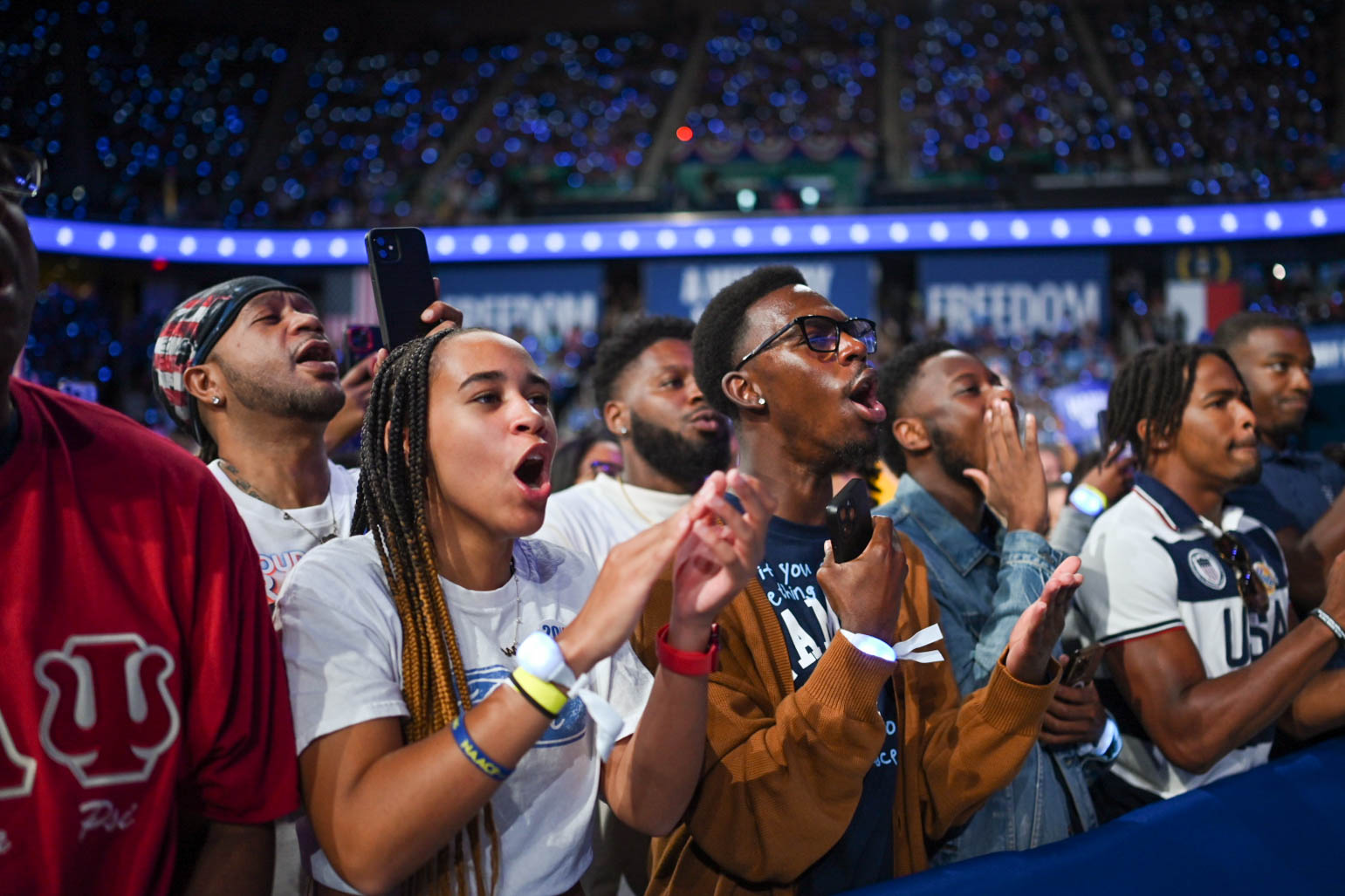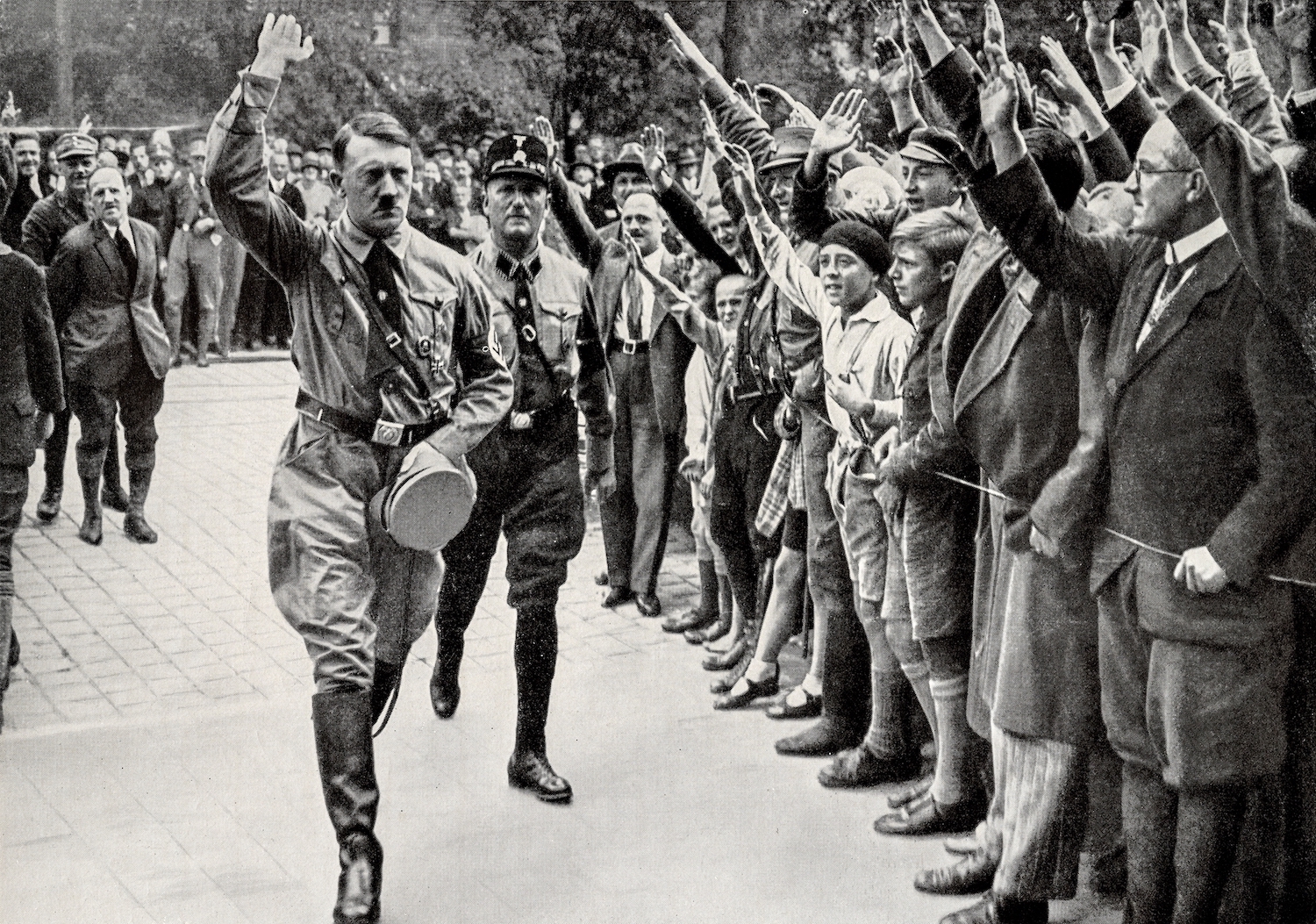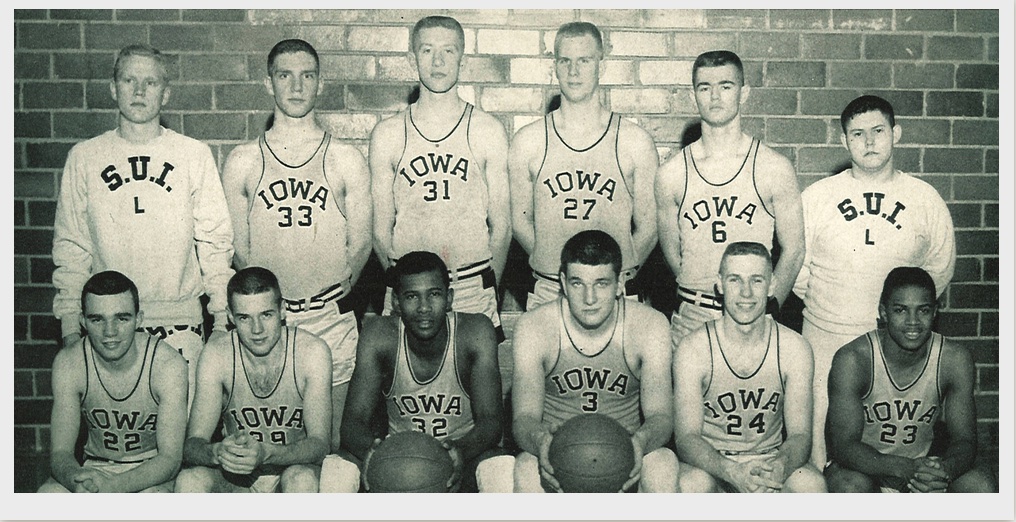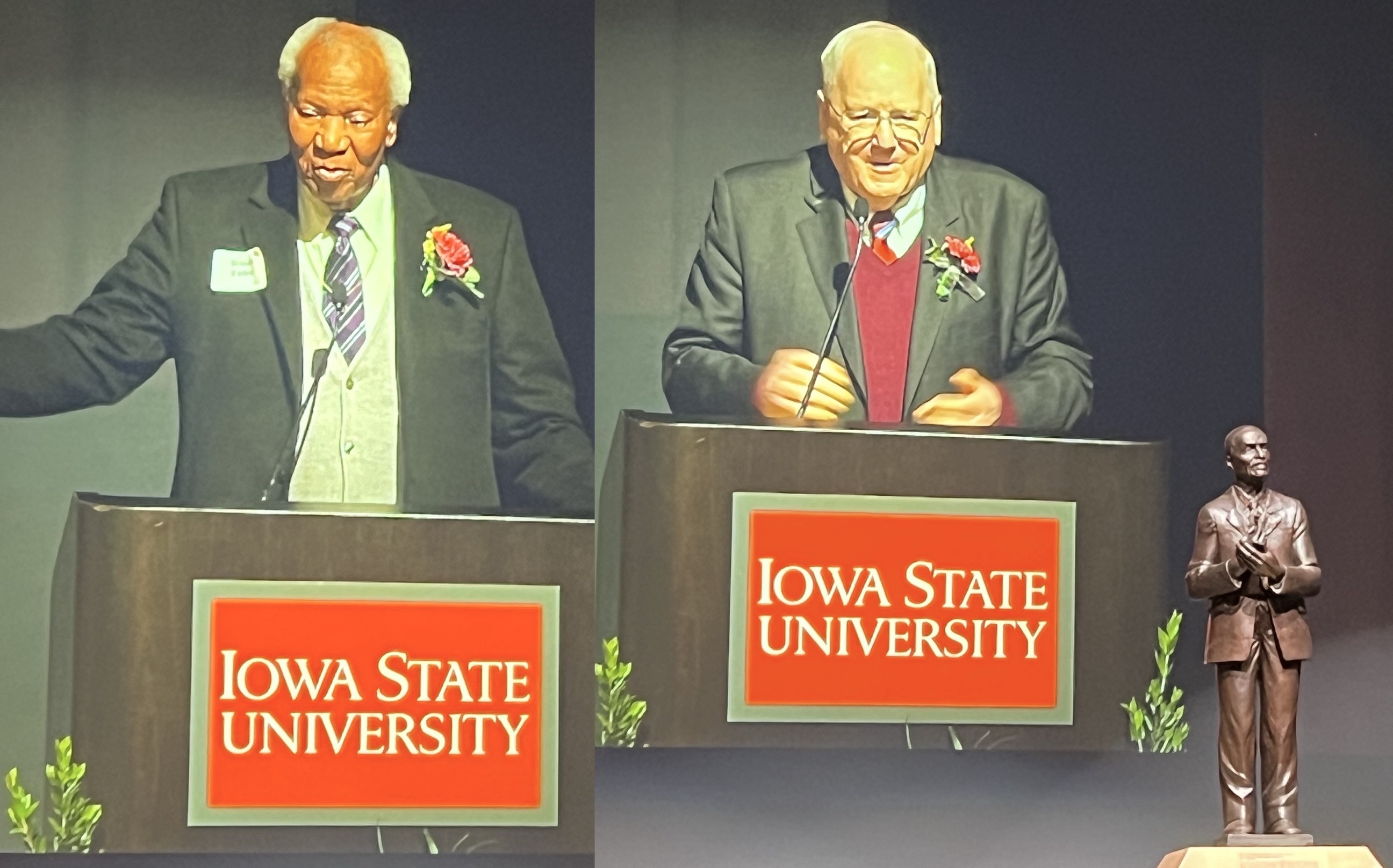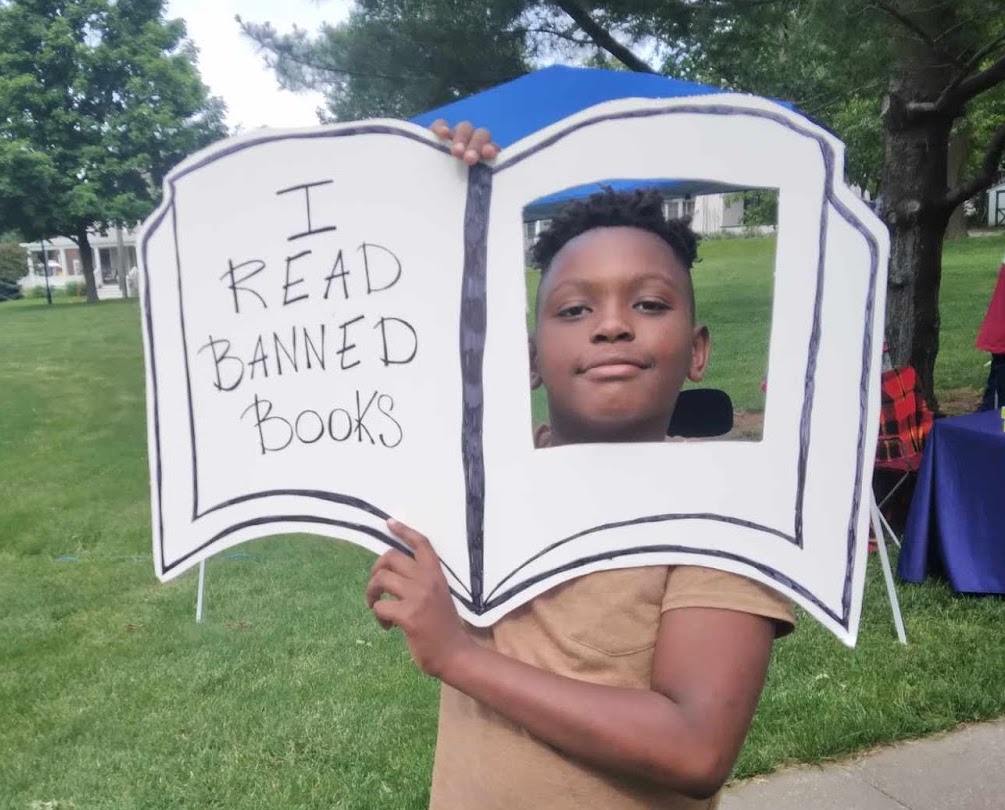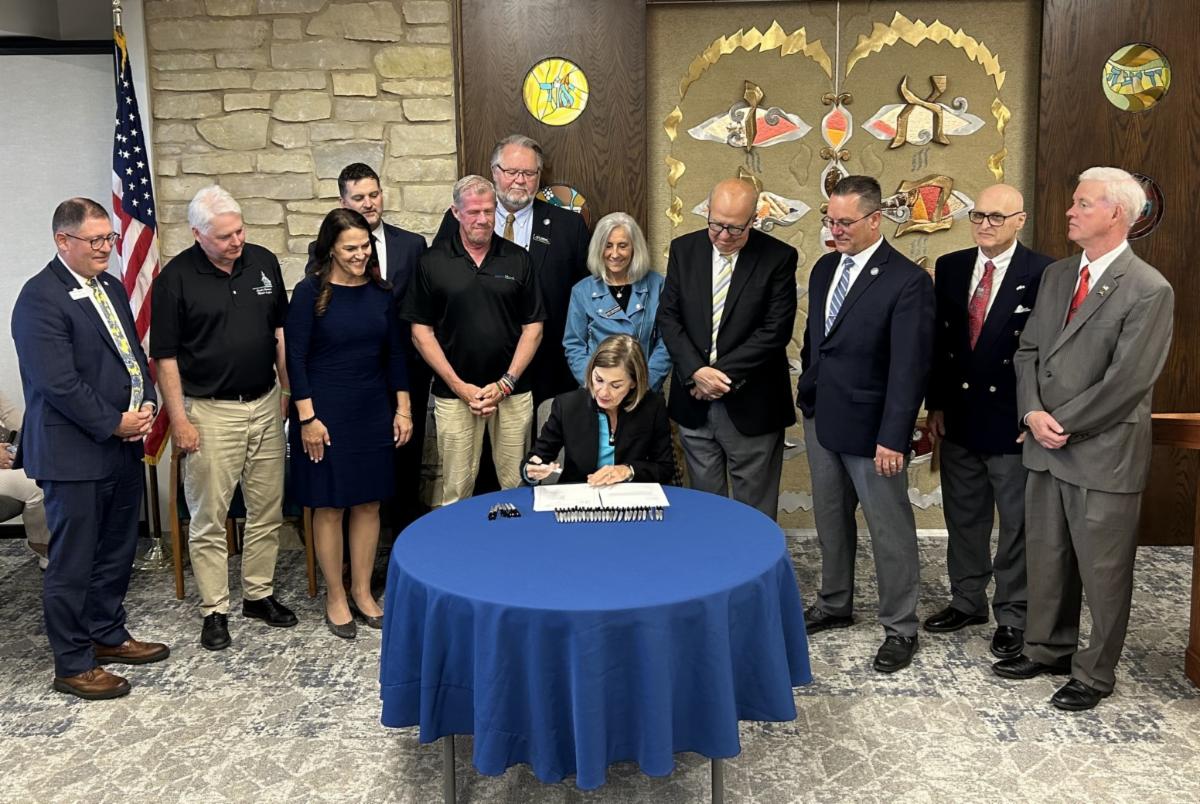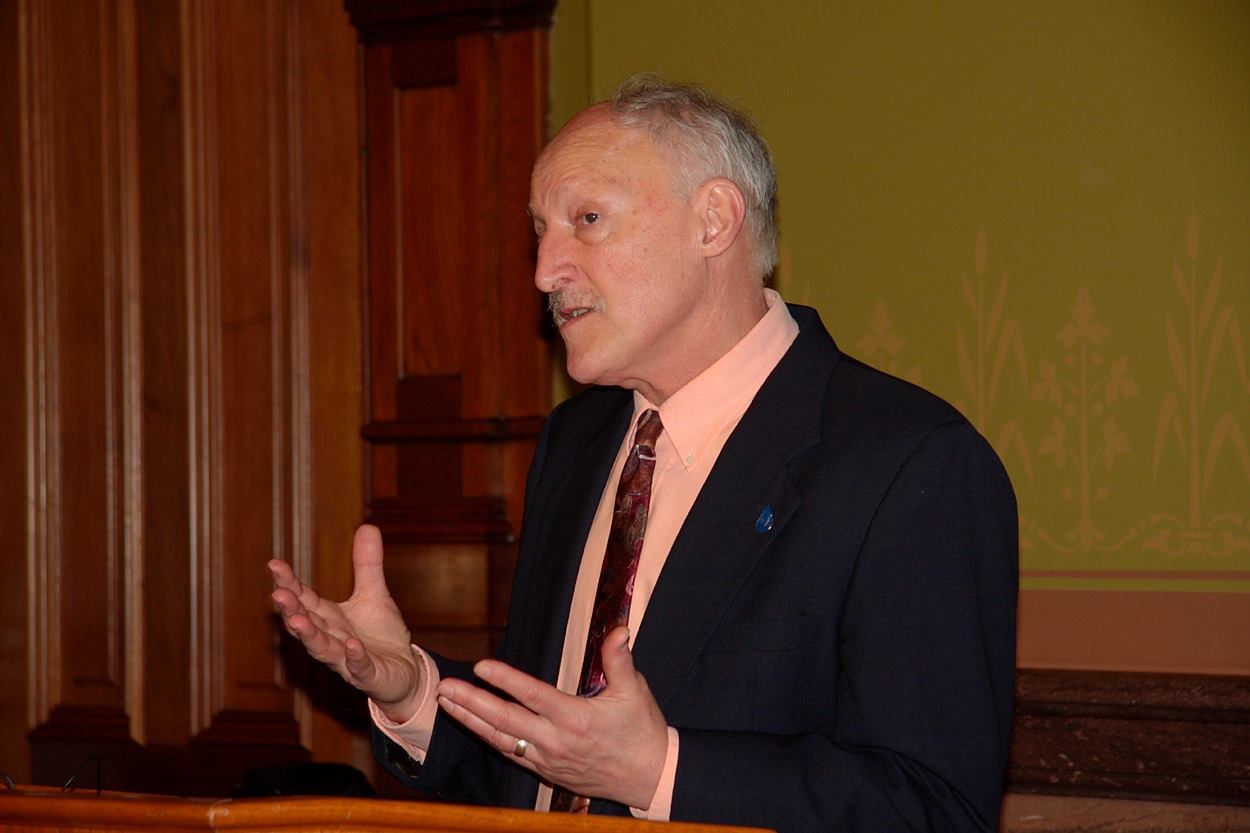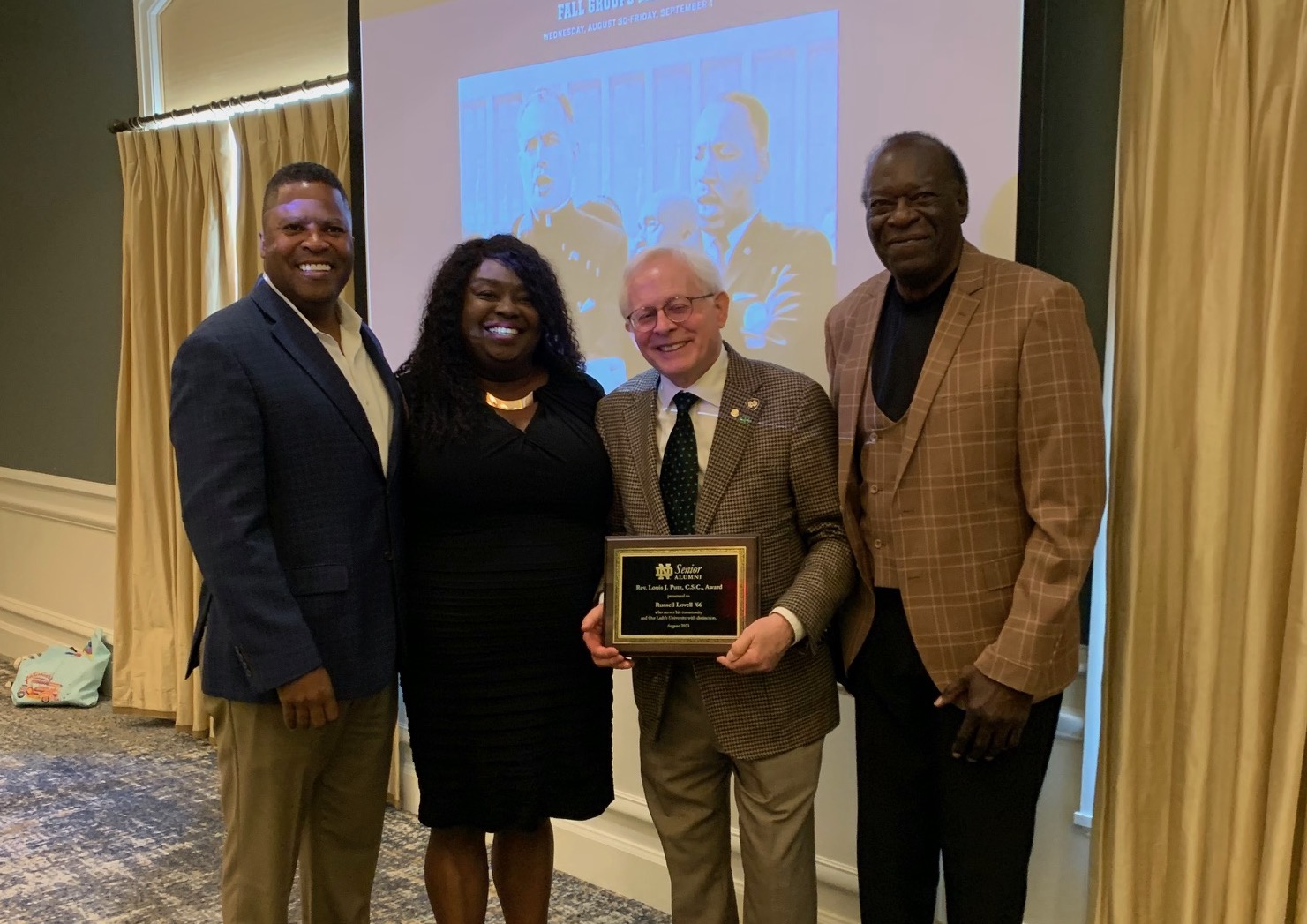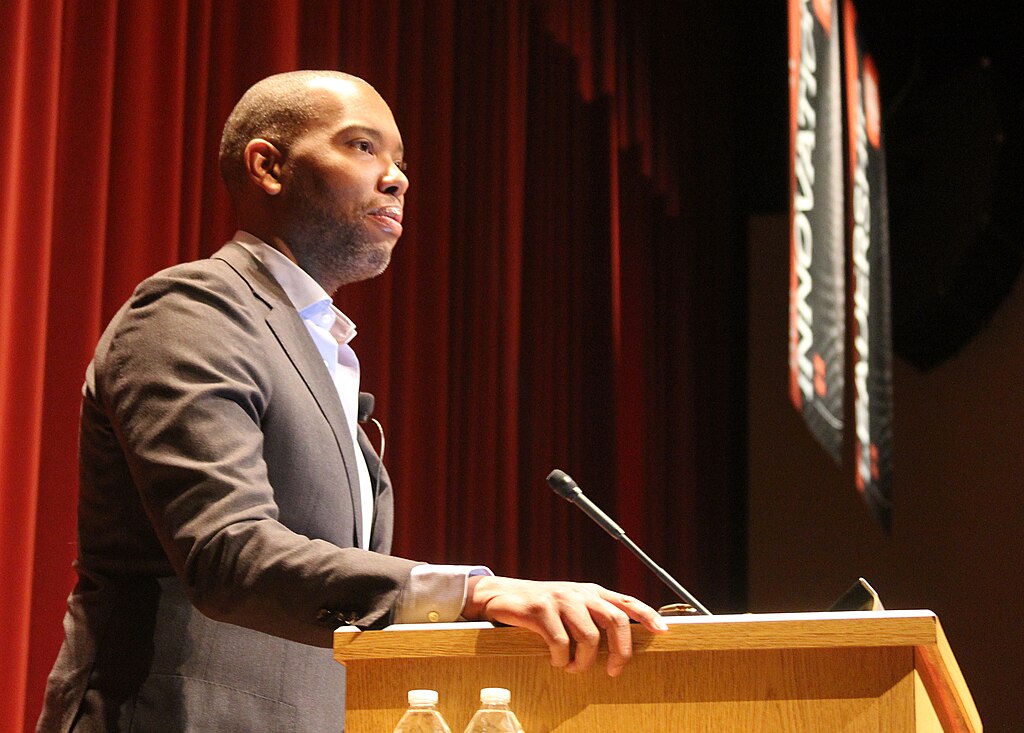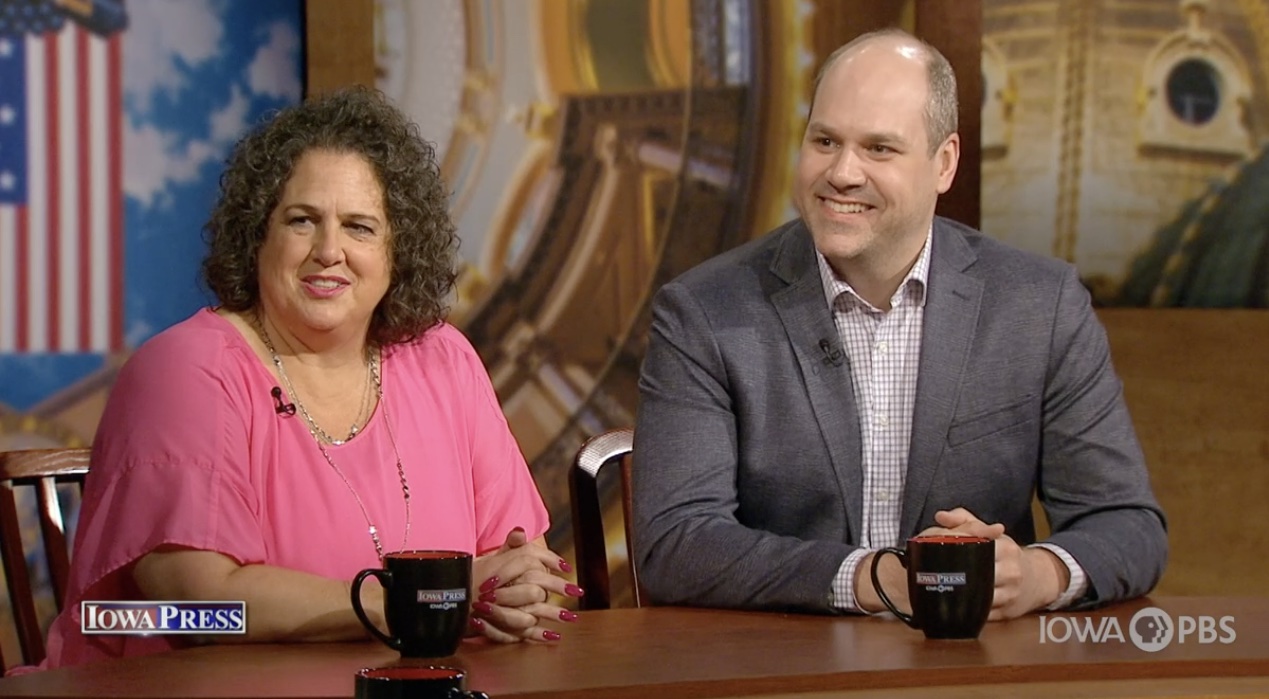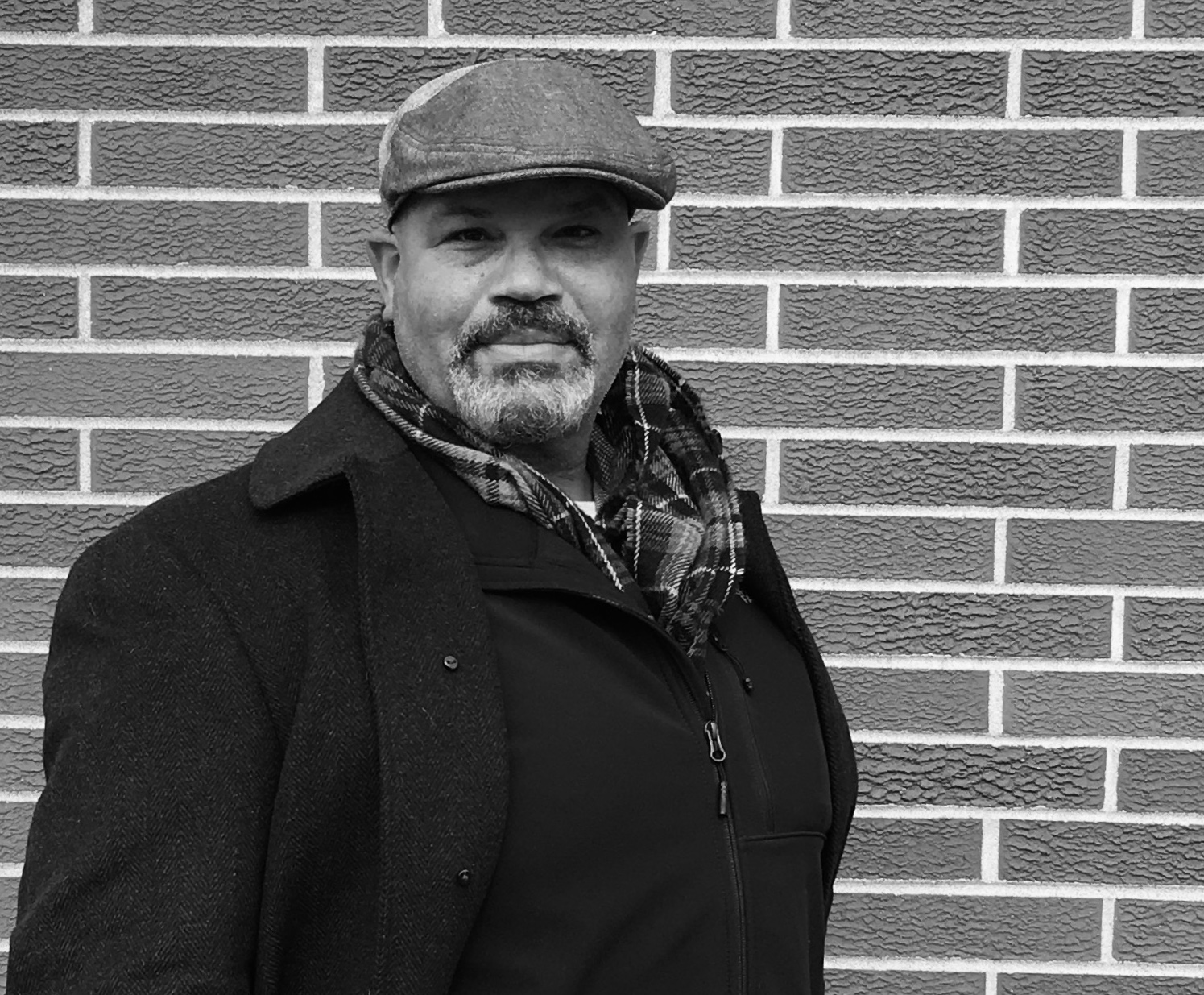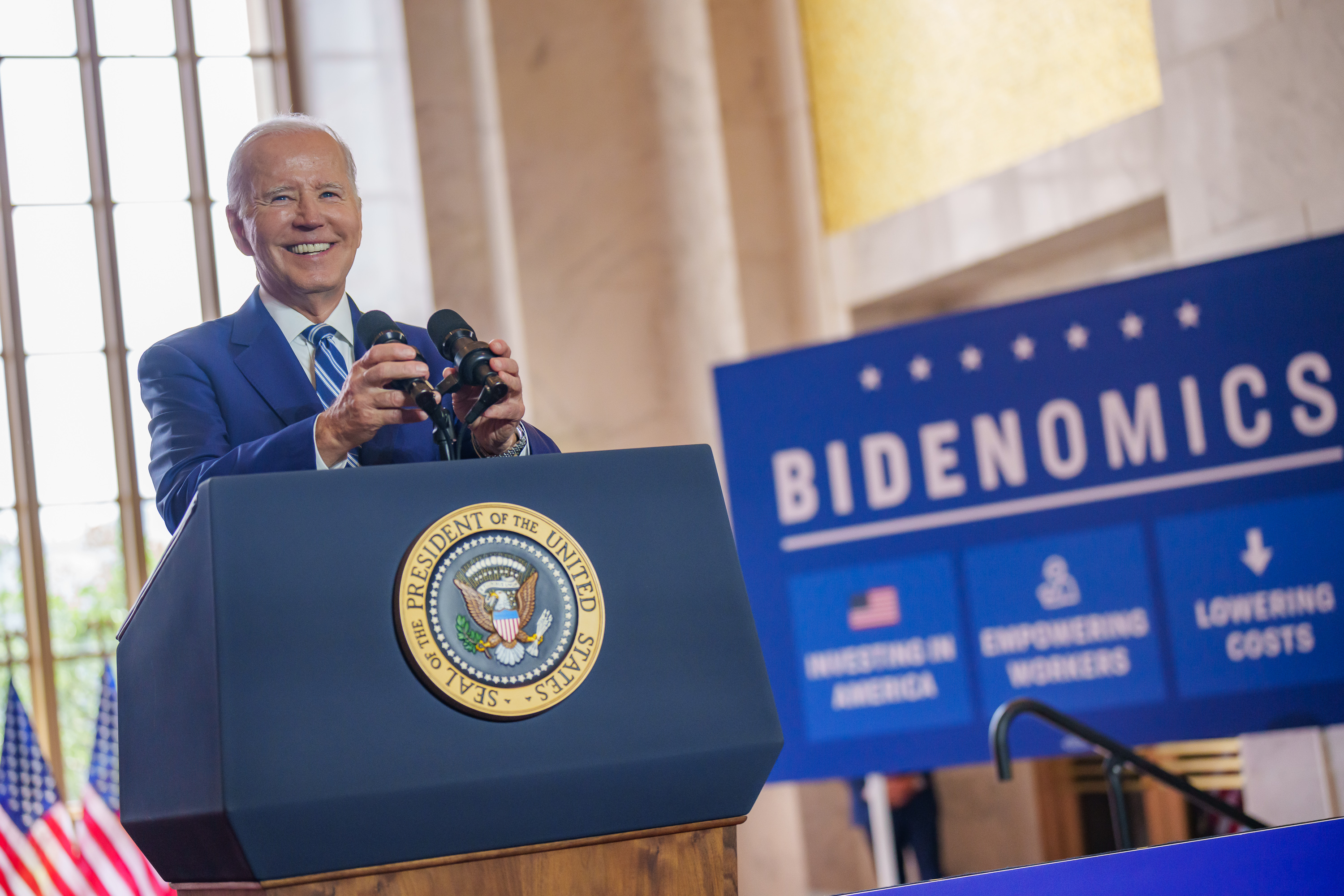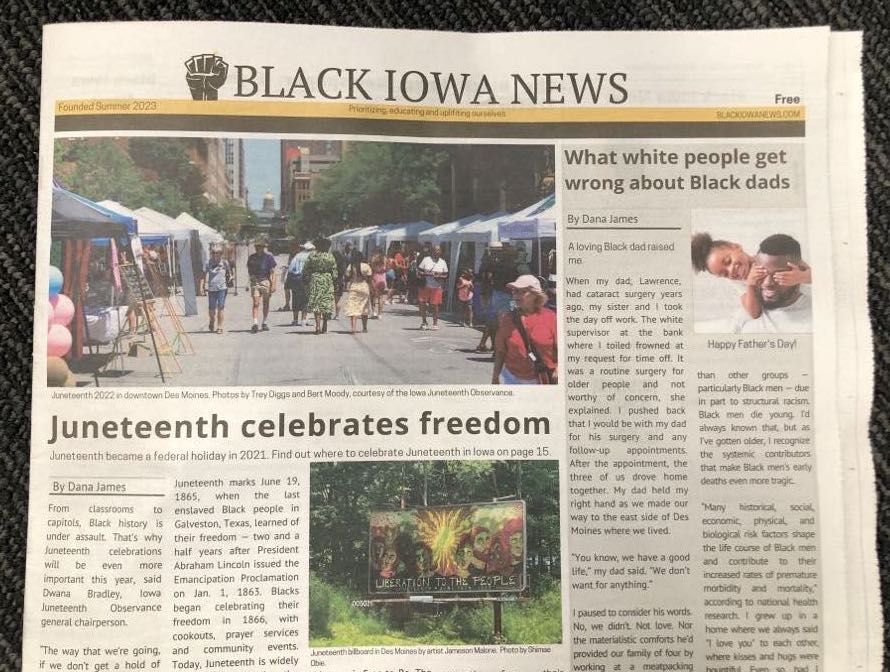Jessica Vanden Berg has worked in government, politics and advocacy for more than 25 years on all levels. She is from Pella, and lives in Des Moines with her 8-year-old daughter.
I have to admit, I was torn on how to vote on the school bond issue.
We left the Des Moines Public Schools and went to Horizon Science Academy (a new public charter school) because in our first grade year we had nothing short of a really bad experience for so many reasons. (Kindergarten was amazing, thus the shock.) I saw leadership problems, lack of knowledge/skills gap on neurodivergent issues, no real help for kids who were falling behind, lack of resources, failure to include family and community to change outcomes, and a huge problem with real communication and solution-oriented ideas.
I tried to address mid-level management, school board members, and even the superintendent. I got nothing. And I’m a parent with time, connections, and resources! That’s a big deal. The system is impossible to navigate. I paid someone to help me do it.
I realize this isn’t every family’s experience, but it is ours. We had to make difficult choices.
I had a hard time seeing how this $265 million bond issue would address those things, and an even harder time seeing where the leadership failed to address these issues time and time again. The bond issue does not address them. However, I understand the school district still could.
I will admit many are backed in a corner due to major multi-year funding issues, but I could not for the life of me understand why the district didn’t embrace more community involvement and parent support to help.
But I did vote yes, and here’s why.
Continue Reading...

